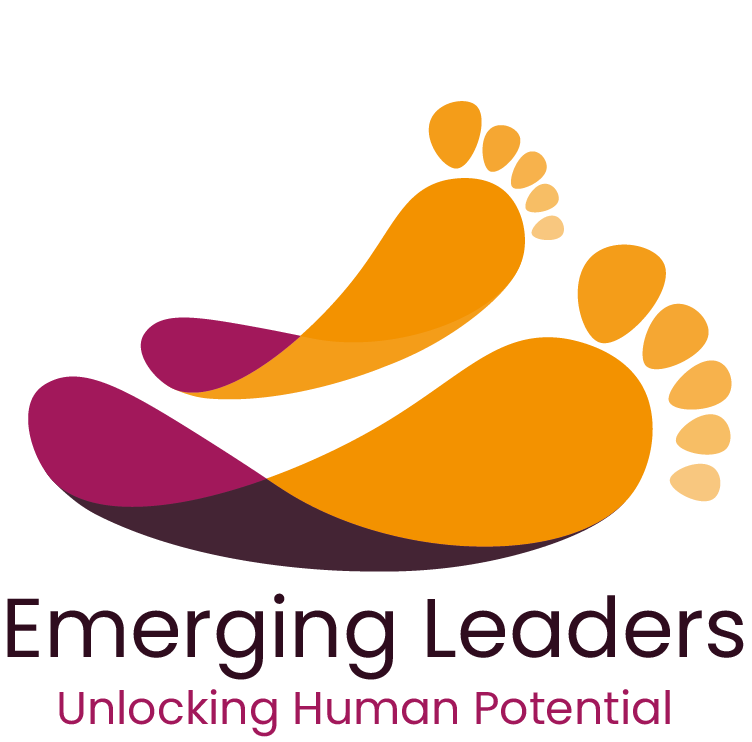Engaging the Missing Generation: Mind the Gap #2
How changing perception can unlock innovation and release entrepreneurs
In my previous blog ‘Mind the Gap #1’ I addressed two key challenges we face in trying to engage Youth in agriculture:
When they hear the word agriculture what they hear is ‘poverty’
When they hear the word agriculture what they hear is ‘failure’
It’s a story of hopelessness, so much so that one young person who served us coffee in a restaurant said ‘i would rather do nothing, than work in agriculture’. The perceived realities … reinforced by what they have experienced and been told … lead to Youth being seemingly ‘blind’ to the opportunities that an ever increasing demand for food provides food. It’s less a resistance to hard work and more about a belief that any amount of hard work gives no worthwhile returns.
So whilst investments in technology, innovation and marketing campaigns are necessary our first and most crucial investment needs to be in addressing the mindsets of young people and the ‘system’ around them which influences them. Parents & education establishments are foundational in shaping a mindset of a child so the message they communicate either through what they say or what they do is key. Hopelessness has been passed on from one generation to the next. It is inbuilt & ingrained and without mindset change the story stays the same, but if we can change the thinking we open up a whole new world of possibility. To do that I believe we need to help young people do two things:
Re-consider:
The way of the past does not need to determine the way of the future. Yes it has been hard and it has been challenging, but is that down to possibility or practice? Had previous generations known then what we know now or had access then to what is accessible now could or would the story have been different? If alternative methods, markets or diversification been employed might a different reward have been reached? If financial literacy enabled farmers to budget, save and invest might their prosperity have been affected? What picture might we create in the hearts and minds of young people if agriculture was ‘sold’ as good news instead of bad? As a world of opportunity rather than a world of lack? Growing up in an environment of poverty is said to reduce our IQ by 12 points & culture can determine that I am not equipped to think critically because the ‘elders’ make the decisions anyway. They are not taught to question, but to follow and that can lead them to miss or dismiss what may be possible. So empowering them to think, to reconsider is an essential tool for life and the earlier we can help young people do this the better. Recycled thinking (thinking the same thoughts), hopeless thinking (I can’t / nothing works out for me), lazy thinking (I can’t be bothered) & stuck thinking (waiting for ‘them’ to sort out the problem) needs to be both challenged and changed and when we do … a whole new world of possibility opens up.
2. Re-imagine:
Having first begun to help them re-consider the past then we can begin to help them re-imagine a different future. Often when hopelessness gets into the head & heart we stop dreaming - paralysed by the current reality. But the future is for creating and if we can empower young people to lift up their heads, to see themselves as leaders and as the authors of a different story they will be able to see the opportunity of a growing population and therefore a growing demand for food. So much has changed and will continue to change. Climate change has demanded we think differently and diversify. Technology offers a window into a whole new world … both through what we can learn and discover, but also through learning and embracing new ideas, skills, breeds and approaches that makes a brighter future infinitely more possible. If we can give them a window into this world, young people are much more adaptable and dynamic in adjusting. They love innovation, love a world of possibility and we must and can help them see that the bright lights of the city are not the only options … perhaps even not the best ones. They have resources at their disposal - so ‘what if we could find a way to maximise that resource? Sure it will still be hard work, but the rewards much greater than before. Seffour, was one of those young men. He lived in the middle of the dessert in northern Senegal. At the time of him coming on the Emerging Leaders ‘Leadership for Life’ programme he was making enough to get by through farming sweet potatoes. He was on the verge of heading to the bright lights of Saint Louie in the hope of writing a different story. But when he was empowered to lead himself … to lift up his head he saw the opportunities around him. He changed what wasn’t working, he stopped waiting for others to sort it out, he established an irrigation system, and set about building a profitable business. The entrepreneur in him was liberated and now he is farming 30 hectares and employing 20 other young people. When we change the thinking & unlock the potential then dreams can become reality - but mindset change is foundational to being able to think new thoughts.
Next time we’ll look at the 5 bridges that we can build to help more young people re-write the future.
